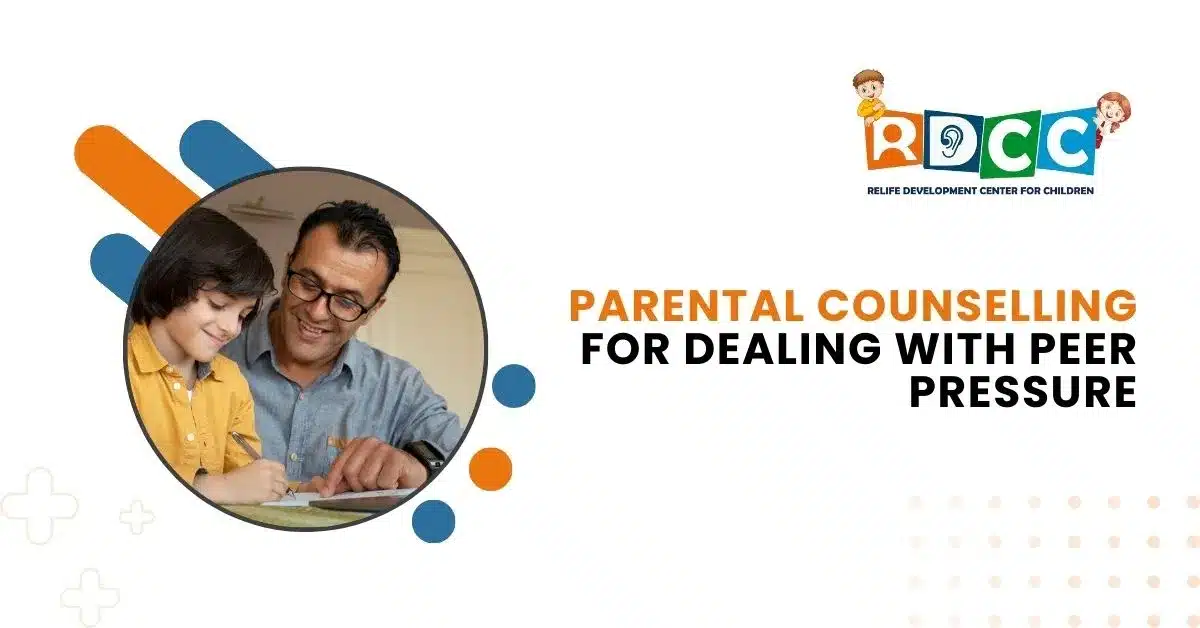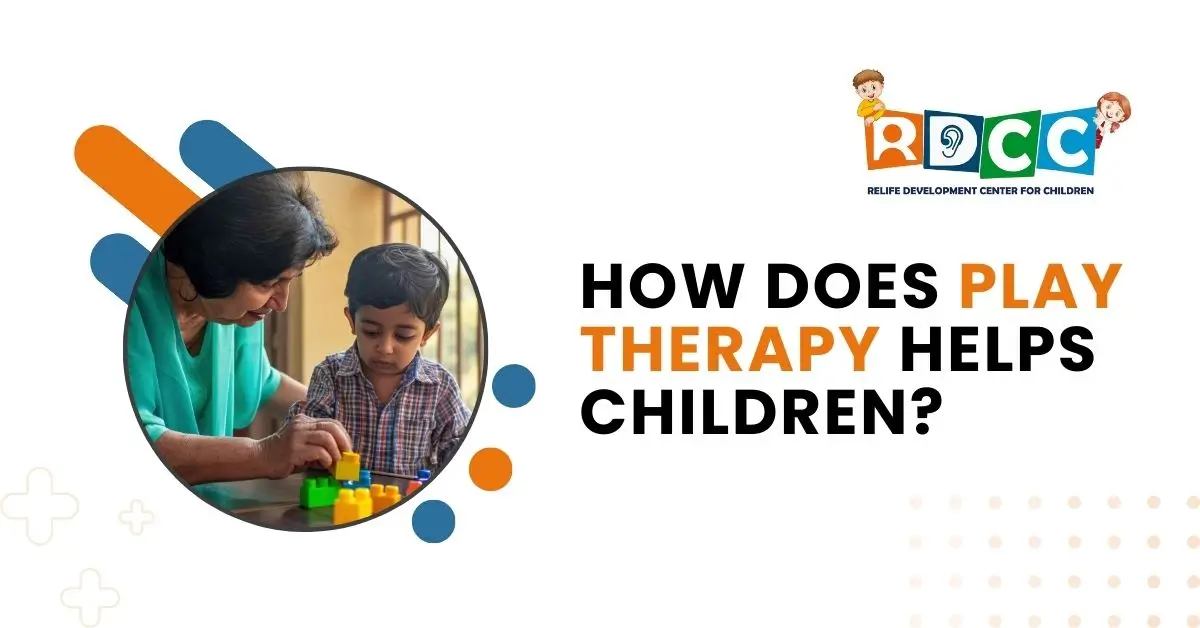
At RDCC Healthcare, Vadodara’s Leading Child Development Centre, we are committed to providing comprehensive Dysphagia Therapy to enhance swallowing function and improve quality of life. Dysphagia, or Difficulty Swallowing, can arise from various causes and requires targeted therapeutic approaches to address the issue effectively.
Understanding Dysphagia
Dysphagia can result from a range of conditions, including neurological disorders, muscle weakness, or structural abnormalities. Common causes include stroke, Parkinson’s disease, or head and neck cancer. Symptoms may include choking, coughing during meals, or a sensation of food getting stuck.
Effective Dysphagia Therapy
Swallowing Exercises: These exercises are designed to strengthen the muscles involved in swallowing. Techniques such as the Shaker exercise, which involves lifting the head while lying down, and the Mendelsohn maneuver, which helps improve laryngeal elevation, are commonly used to enhance swallowing function.
Compensatory Strategies: These strategies involve modifying eating and drinking habits to make swallowing easier. Techniques such as changing the consistency of food, using thickened liquids, and adopting specific postures can help manage dysphagia symptoms effectively.
Neuromuscular Re-education: This approach focuses on retraining the muscles used for swallowing. Therapists may use electrical stimulation or biofeedback to help patients regain muscle control and coordination.
Behavioral Techniques: Incorporating behavioral strategies like pacing meals, ensuring proper chewing, and practicing relaxation techniques can support better swallowing and reduce discomfort.
Frequently Asked Questions
What is Dysphagia Therapy?
Dysphagia Therapy involves a range of techniques and exercises to improve swallowing function and manage difficulties related to swallowing. It addresses underlying causes and provides strategies to enhance quality of life.
What Causes Dysphagia?
Dysphagia can be caused by various conditions, including neurological disorders (like stroke or Parkinson’s disease), muscle weakness, or structural abnormalities in the throat or esophagus.
What Are Common Dysphagia Therapy Techniques?
Common Techniques include swallowing exercises to strengthen muscles, compensatory strategies (e.g., modifying food consistency), neuromuscular re-education, and behavioral techniques to improve swallowing efficiency.
How Can Swallowing Exercises Help?
Swallowing Exercises strengthen the muscles involved in swallowing, improve muscle coordination, and enhance the overall function of the swallowing mechanism. Techniques like the Shaker exercise and Mendelsohn maneuver are commonly used.
What Are Compensatory Strategies in Dysphagia Therapy?
Compensatory strategies involve modifying eating and drinking habits, such as altering food consistency, using thickened liquids, or adopting specific postures, to make swallowing easier and safer.
Conclusion
Dysphagia Therapy at RDCC Healthcare is designed to address the complexities of swallowing difficulties with a holistic approach. Our expert team is dedicated to providing effective, personalized care to support better swallowing and improve quality of life. Contact Us today to learn more about our dysphagia therapy services and how we can help you achieve better swallowing health.




